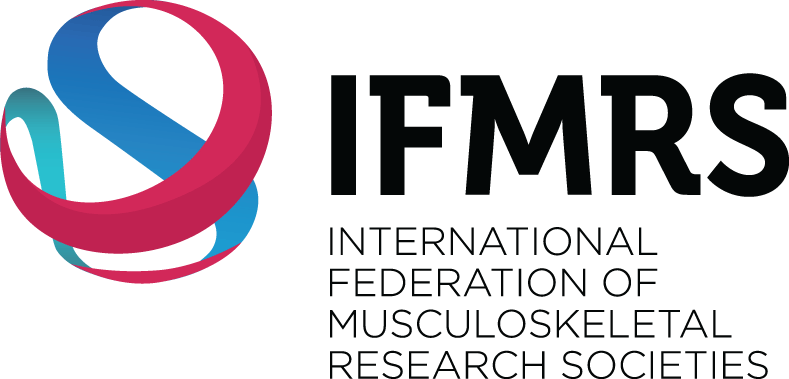MEET THE FIRST AUTHOR
Specific Commensal Bacterium Critically Regulates Gut Microbiota Osteoimmunomodulatory Actions During Normal Postpubertal Skeletal Growth and Maturation
Jessica D Hathaway-Schrader, N A Poulides, M D Carson, J E Kirkpatrick, A J Warner, B A Swanson, E V Taylor, M E Chew, S V Reddy, B Liu, C Westwater, and C M Novince
JBMR Plus 2020
doi: 10.1002/jbm4.10338
April 2020
The commensal gut microbiota critically regulates immunomodulatory processes that influence normal skeletal growth and matura- tion. However, the influence of specific microbes on commensal gut microbiota osteoimmunoregulatory actions is unknown. We have shown previously that the commensal gut microbiota enhances TH17/IL17A immune response effects in marrow and liver that have procatabolic/antianabolic actions in the skeleton. Segmented filamentous bacteria (SFB), a specific commensal gut bacterium within phylum Firmicutes, potently induces TH17/IL17A-mediated immunity. The study purpose was to delineate the influence of SFB on commensal gut microbiota immunomodulatory actions regulating normal postpubertal skeletal development. Two murine models were utilized: SFB-monoassociated mice versus germ-free (GF) mice and specific-pathogen-free (SPF) mice +/− SFB. SFB col- onization was validated by 16S rDNA analysis, and SFB-induced TH17/IL17A immunity was confirmed by upregulation of Il17a in ileum and IL17A in serum. SFB-colonized mice had an osteopenic trabecular bone phenotype, which was attributed to SFB actions suppres- sing osteoblastogenesis and enhancing osteoclastogenesis. Intriguingly, SFB-colonized mice had increased expression of proinflam- matory chemokines and acute-phase reactants in the liver. Lipocalin-2 (LCN2), an acute-phase reactant and antimicrobial peptide, was substantially elevated in the liver and serum of SFB-colonized mice, which supports the notion that SFB regulation of commensal gut microbiota osteoimmunomodulatory actions are mediated in part through a gut–liver–bone axis. Proinflammatory TH17 and TH1 cells were increased in liver-draining lymph nodes of SFB-colonized mice, which further substantiates that SFB osteoimmune- response effects may be mediated through the liver. SFB-induction of Il17a in the gut and Lcn2 in the liver resulted in increased cir- culating levels of IL17A and LCN2. Recognizing that IL17A and LCN2 support osteoclastogenesis/suppress osteoblastogenesis, SFB actions impairing postpubertal skeletal development appear to be mediated through immunomodulatory effects in both the gut and liver. This research reveals that specific microbes critically impact commensal gut microbiota immunomodulatory actions regu- lating normal postpubertal skeletal growth and maturation.
Full text of Dr Jessica Hathaway-Schrader’s article is available from HERE

Jessica Hathaway-Schrader
First Author
Medical University of South Carolina, USA

Jonathan Gustafson
Moderator
Rush University, USA.

